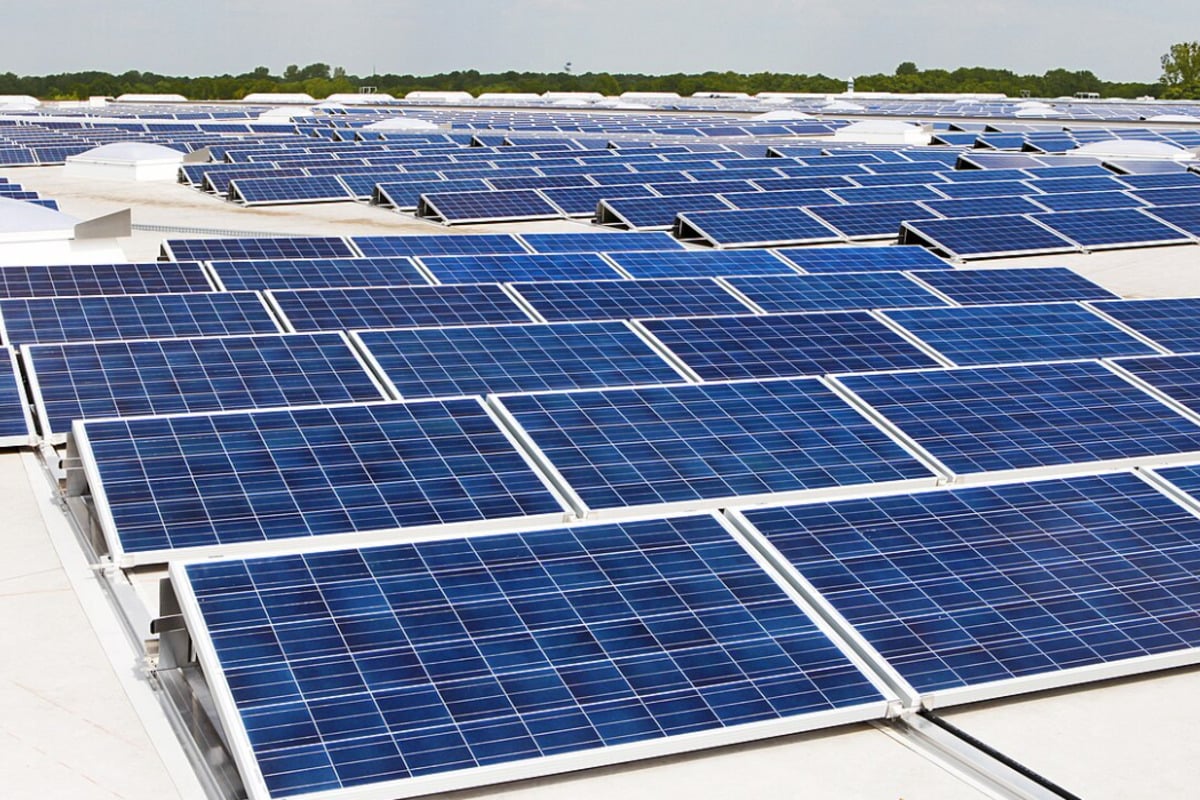Oregon Boosts Power Reliability with New Microgrid Laws – A Win for Energy Independence

Oregon is taking a significant step towards a more resilient and independent energy future. Governor Tina Kotek has recently signed into law House Bills 2065 and 2066, paving the way for wider adoption of microgrid technology across the state. These bills represent a crucial investment in bolstering power reliability, particularly in the face of increasingly frequent and severe weather events.
What are Microgrids and Why are They Important?
Simply put, a microgrid is a localized energy grid that can operate independently from the main power grid. They typically include a mix of power sources, such as solar panels, wind turbines, battery storage, and traditional generators. The key benefit? When the main grid goes down – whether due to storms, wildfires, or other disruptions – a microgrid can continue to provide power to its connected customers. This is particularly vital for critical facilities like hospitals, emergency services, and businesses.
HB 2065 & 2066: The Details
House Bill 2065 focuses on streamlining the regulatory processes for microgrid development. It aims to remove barriers and encourage investment in these localized energy systems. This includes clarifying permitting requirements and establishing a more predictable framework for microgrid projects.
HB 2066, on the other hand, provides incentives and support for the deployment of microgrids in underserved communities and areas prone to power outages. It recognizes that energy resilience is a matter of equity and aims to ensure that all Oregonians have access to reliable power, regardless of their location.
Benefits for Oregonians
- Increased Power Reliability: Microgrids provide a safety net during grid outages, ensuring essential services can continue to operate.
- Local Energy Independence: They reduce reliance on a centralized grid, giving communities more control over their energy supply.
- Economic Opportunities: The development and maintenance of microgrids create jobs and stimulate local economies.
- Reduced Carbon Footprint: Microgrids often incorporate renewable energy sources, contributing to Oregon’s climate goals.
Looking Ahead
Governor Kotek's action on these bills signals a strong commitment to a cleaner, more resilient energy future for Oregon. While the implementation of these laws will take time, the potential benefits are significant. Experts predict that microgrid technology will play an increasingly important role in ensuring energy security and supporting a sustainable economy in the years to come. Oregon’s leadership in this area sets a positive example for other states facing similar challenges.
The move is being lauded by energy advocates and local communities alike, who see it as a crucial step towards building a more robust and equitable energy system.






